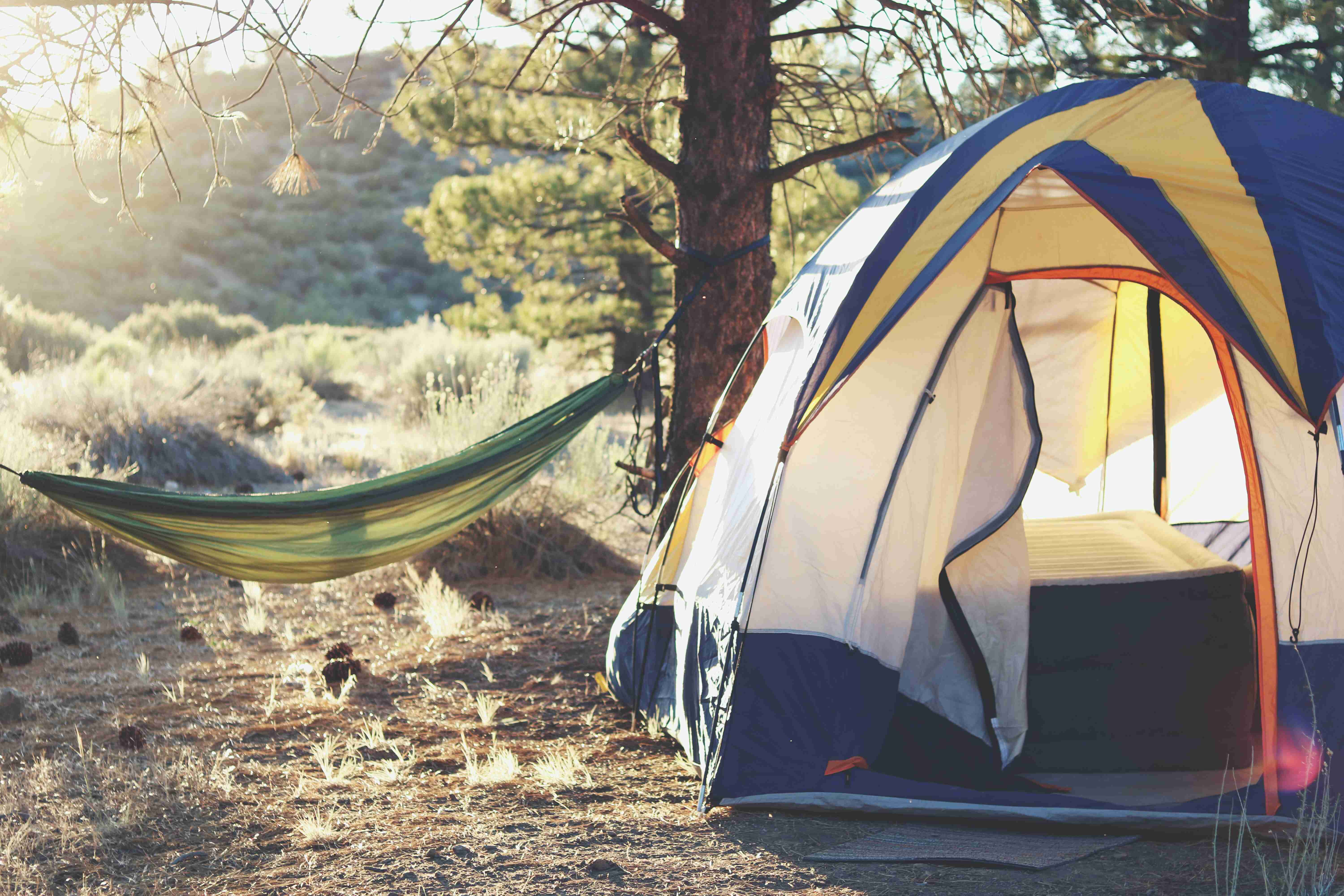
Isabelle Marinier shares 6 safety tips when you are camping alone.
Camping offers incredible opportunities for adventure, rejuvenation and self-discovery in nature, making it a fantastic way to enjoy it all. Camping alone can be a particularly empowering experience for women; offering them an opportunity to push themselves out of their comfort zones, foster independence and connect more deeply with nature than ever before. However, solo camping comes with unique risks and challenges specific to women camping alone.
Unfortunately, women camping alone face increased risks of harassment, assault, and other safety concerns. While this does not preclude them from camping solo, extra precautions must be taken to ensure their own safety when doing so. Being aware of their surroundings, packing suitable gear, and knowing how to react in emergency situations will allow women to enjoy camping safely while reaping all its rewards.
In this blog post, we’ll present essential safety tips for women camping alone. These guidelines aim to prepare campers for the challenges associated with solo camping while remaining safe while taking in nature’s wonders. Whether experienced campers or newcomers alike are planning solo camping experiences for themselves – these guidelines can help maximize their camping experiences!
Think Twice Before Choosing a Location
As a woman camping alone, it’s essential that she selects an accessible yet secure campsite location. While remote spots might tempt her more readily, these could potentially become more hazardous.
Before selecting a campsite location, conduct research and read reviews from fellow campers. Look for areas with good lighting, cell phone coverage and frequented by other campers or park rangers; avoid areas known for criminal activity or violence.
When selecting a location to set up your campsite, choose an easily visible spot from a road or trail. This will enable other campers or park rangers to see you easily, offering assistance if necessary. It is wise to avoid low-lying areas near bodies of water which could become flood prone.
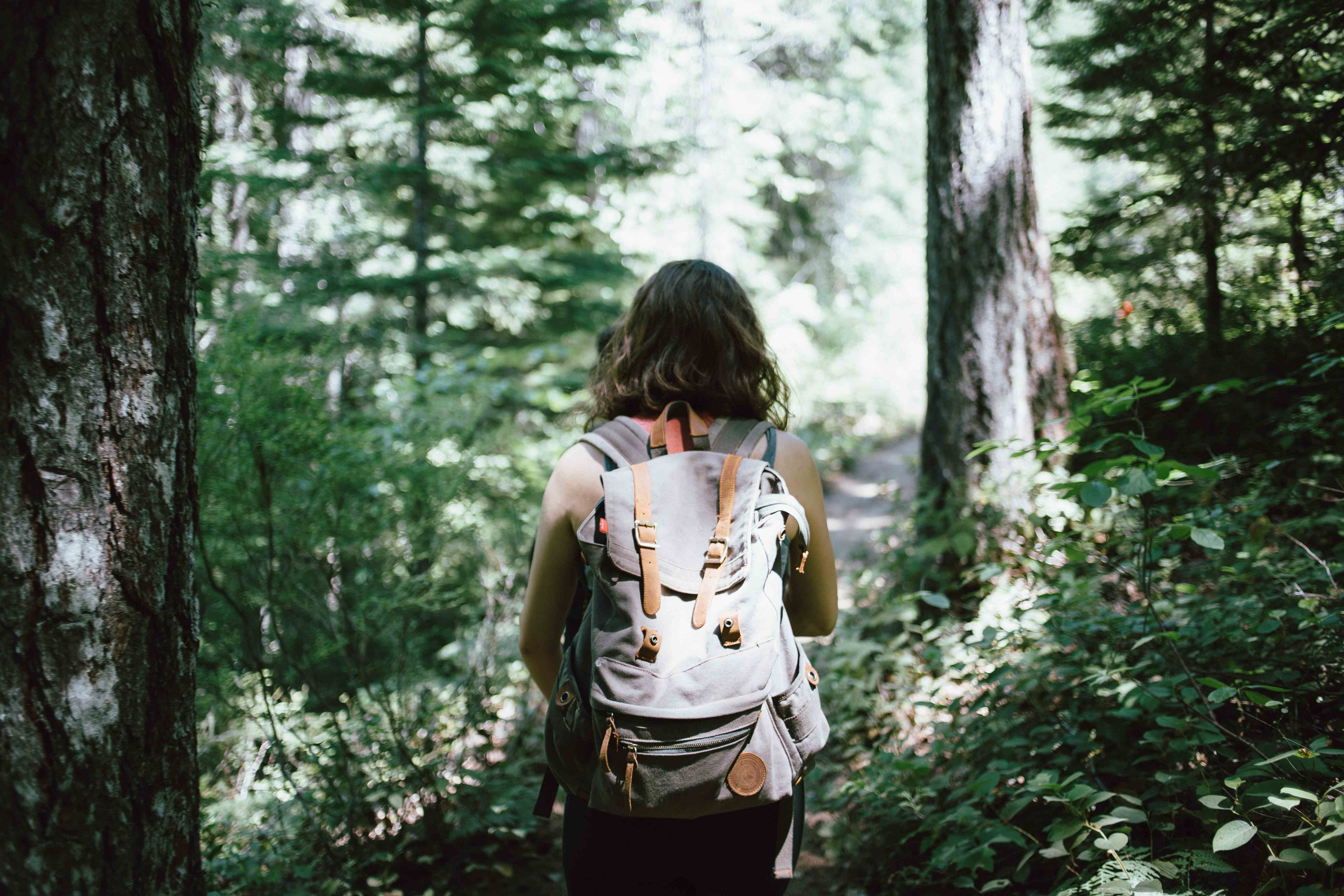
Be conscious of your surroundings and keep your campsite tidy by not leaving food or trash outside your tent – this may attract wildlife or unwanted visitors! Additionally, if camping in bear country make sure that food is stored in bear-resistant containers.
By selecting a secure location for your campsite, you can ensure a peaceful and enjoyable solo camping experience. When selecting your site location, be extra cautious; choosing one with some measure of protection can mean giving up some privacy or solitude in exchange for greater peace.
Play It Safe: Don’t Mention You’re Alone
When camping alone, be mindful of your surroundings and take steps to protect yourself. One key action you can take to stay safe while camping solo is not mentioning it – women often face unwanted attention, harassment and assault when camping alone so being careful what you say to strangers is key for their own protection.
An effective way to lower your risk is by keeping your personal information private. Avoid disclosing too much about yourself, such as your name, location or camping arrangements if someone asks. When asked by anyone if you are camping alone it would be wiser to say you are with friends or family or waiting for someone to join.
Be mindful of your body language and presentation when engaging with strangers. Avoid appearing vulnerable or distracted and be confident and assertive when communicating. If you feel uncomfortable or threatened in any situation, trust your instincts and exit as quickly as possible.
Pack a First Aid Kit
Packing a first aid kit should be part of any solo female camper’s packing checklist, even experienced campers can benefit from having one on hand just in case something unexpected should arise during their adventure. Being prepared is always better!
Your first aid kit must contain essential items, including bandages, antiseptic wipes, gauze pads, adhesive tape, and scissors. In addition, pain relievers, allergy medicine and prescription medications may be included as needed. If camping in remote locations or traveling abroad you should also pack signal mirrors or whistles in case they’re needed for emergency signaling purposes.
Before departing on your camping adventure, ensure you know how to use all the items in your first aid kit and are familiar with basic first aid techniques such as how to treat sprains, stop bleeding and perform CPR.
Finally, it’s crucial that your first aid kit be easily accessible. Don’t leave yourself scrambling through gear during an emergency – pack a small first aid kit that you can keep with you at all times, in a watertight container to protect its contents.
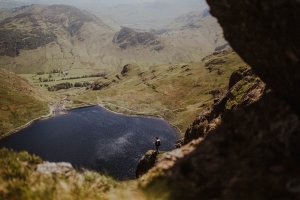
Protect Yourself from UV Radiation
Camping requires taking measures to protect oneself from UV radiation – and not just against sunburns and skin cancer. While you might not immediately realize it, protecting eyes from prolonged UV radiation exposure means protecting them against cataracts, macular degeneration and other eye problems. Therefore, understanding how UV rays can damage eyes is vital when spending time outside and taking necessary measures to keep your vision safe while spending time in nature.
An effective way to shield your eyes from UV radiation is wearing sunglasses.. Sunglasses with 100% UV protection can help prevent damage to your eyes. Additionally, polarized lenses can reduce glare and improve visibility.
Check the Weather
Prior to heading out camping, it’s wise to closely monitor the weather forecast and plan accordingly. Stay aware of potential dangers such as thunderstorms, high winds or extreme temperatures, so as to prepare accordingly and pack appropriate clothing and gear.
Come Up with an Emergency Plan
Finally, it’s essential to have an emergency plan. Inform someone where and when you will be camping. Bring both a fully charged cell phone and backup battery, along with knowing how to contact help if needed. Consider enrolling in a self-defense course so you’re equipped to defend yourself in case of an attack.
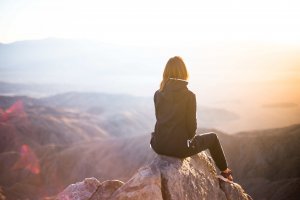
Conclusion
Solo camping can be an amazing way for women to explore nature and gain independence, but it’s essential that women take precautions in order to remain safe. Be wary of your surroundings, pack a first aid kit, protect against UV radiation and stay up-to-date on weather forecasting – these steps should help ensure a satisfying and successful camping trip experience! With these 6 safety tips in mind, camping alone should be an enjoyable yet safe and rewarding experience!
Your thoughts on these 6 Safety Tips?
If you have been camping or adventuring solo, do share your experience in the comments below.

Isabelle Marinier
Isabelle is an associate editor and freelance writer. She has been a big travel enthusiast for more than 8 years. Spending most of her free time discovering the most breathtaking historical destinations and creating unforgettable memories she uses her experience and knowledge to cover various topics such as travel, camping, hiking, skiing, backpacking, and more.
She is a lifelong learner who is always eager to try new things. Isabelle combines her skills and experience to transform lifestyle, fashion, and travel ideas into practical reality and relevant information.




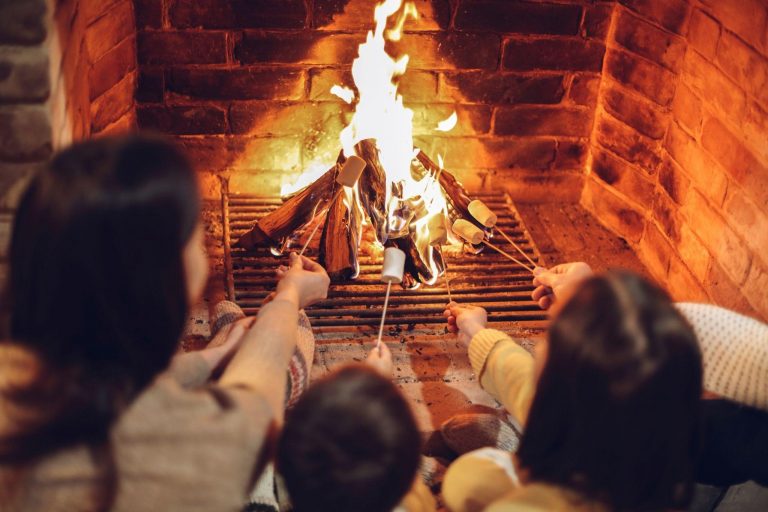
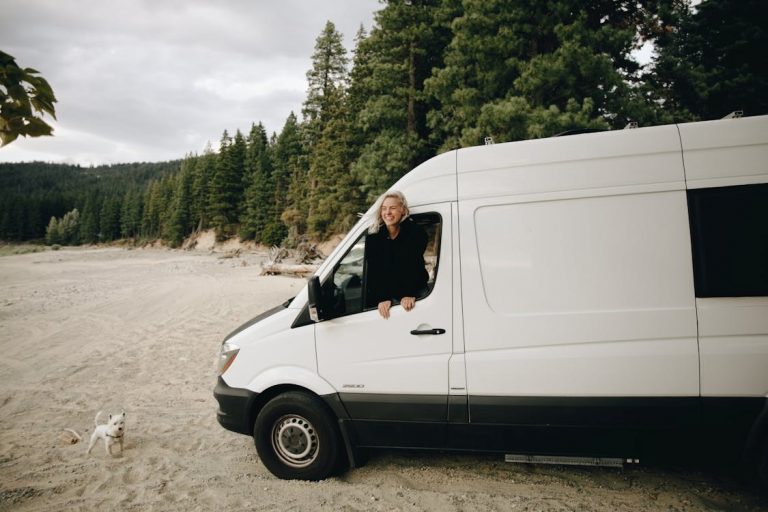
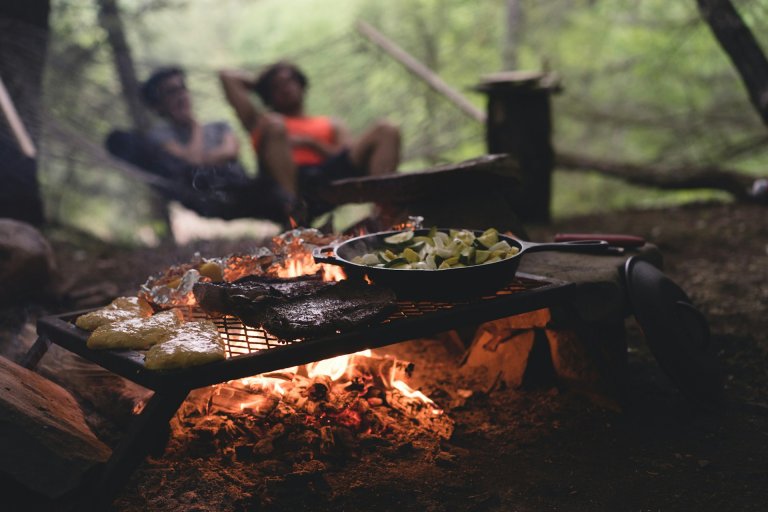
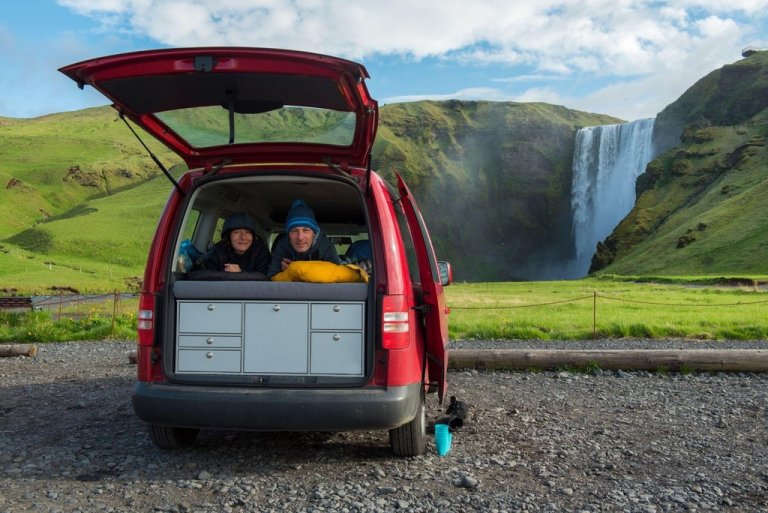

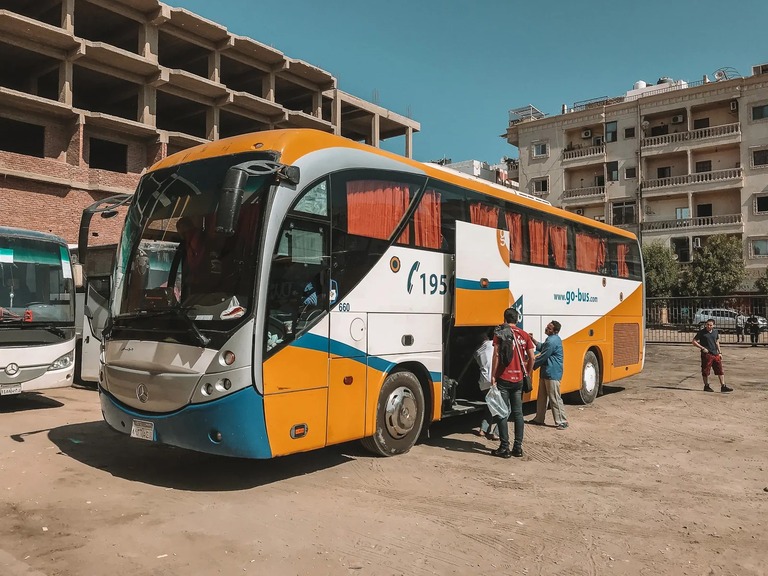
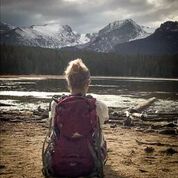
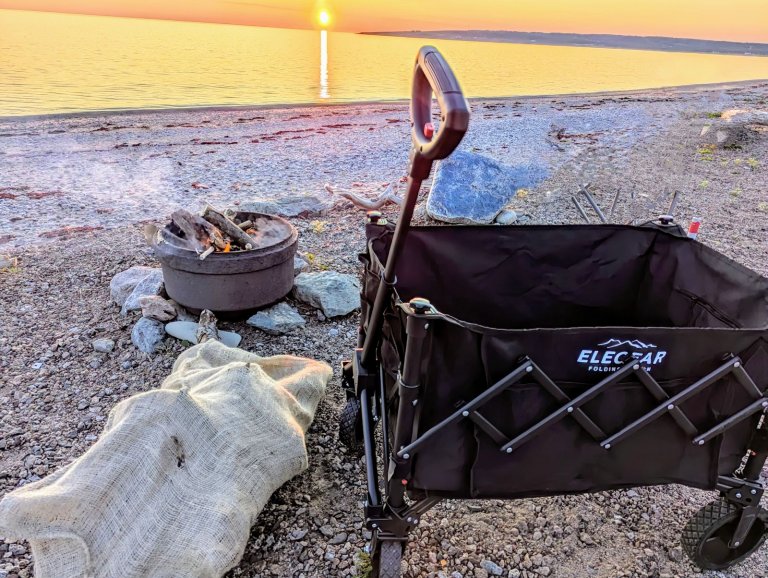
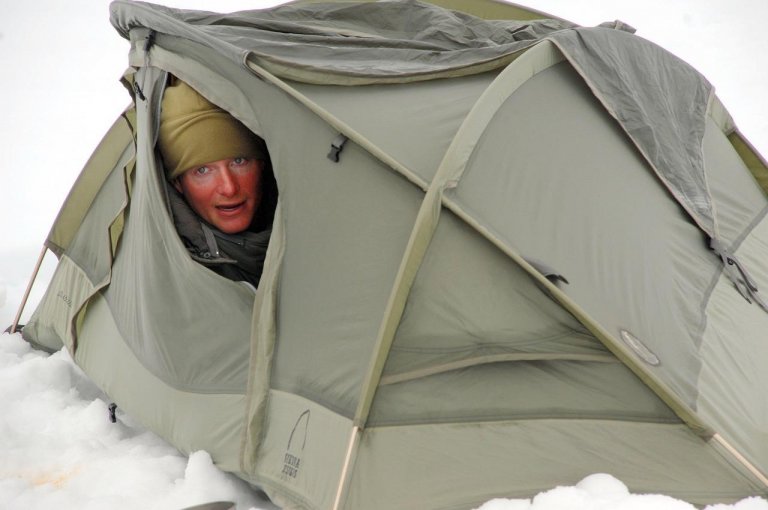

Leave a Reply